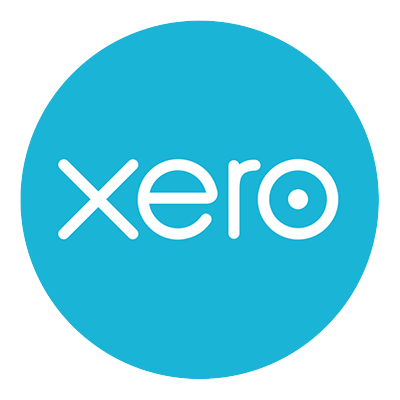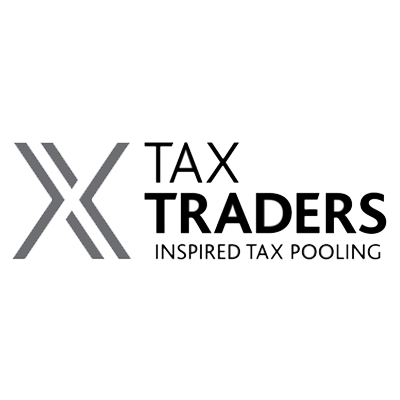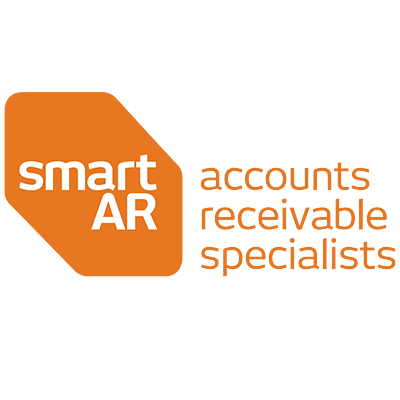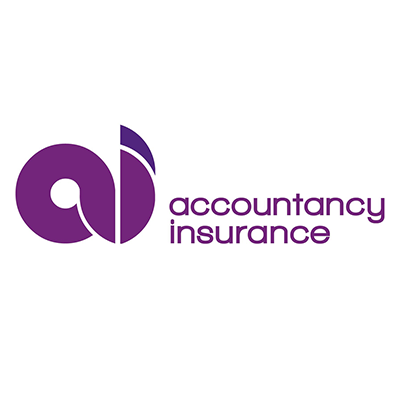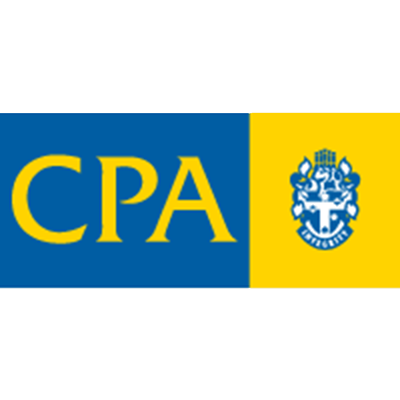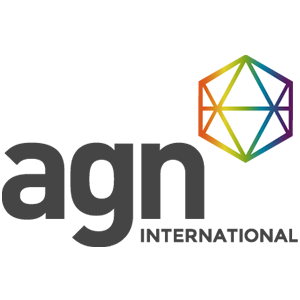Whether you are a sole trader, partnership, company, trust or a ‘Look Through’ (formally an LAQC), be prepared at the end of the financial year. You want to ensure you are doing what it takes to manage your finances – this means understanding them, so you can make smart decisions to keep your business running.
Accounts are prepared at the end of the financial year; this forms a yearly record of the company’s financial condition. If you have shareholders, then these reports must be distributed to them. You must also file an annual return with the Companies Office each year.
If you struggle to wrap up these things, our Business Advisory Services (BAS) team consist of CA or CPA qualified accountants, experienced accounting technicians who can process your annual accounts and tax returns.
Key tools and reports to manage your finances are:
Cash Flow
The money coming in out. How much of the money in your bank account is yours to spend? A healthy cash flow is having enough money to pay what you owe when it is due.
Budget
An estimate of your income and spending. It helps you to think ahead and plan.
Profit & Loss Statement
An accounting report that shows your income and expenses over the financial year. It is also known as an income statement.
Balance Sheet
An accounting report that shows what you own and what you owe. It is known as the ‘snapshot’ of your business’s financial position.
Tax
Your company’s profits (what is left of your income after expenses) are taxed as Income Tax and Provisional Tax.
A company does not pay tax on income if it makes a loss, i.e., if its expenses are more than its income.
Goods and services tax (GST) is added to the price of most products and services. If you’re GST registered, you can claim back the GST you pay on goods or services you buy for your business. You can also charge GST (15%) on what you sell — this is collecting it on the government’s behalf.
Then there’s ACC levies, PAYE, ESCT, Employee Allowances, FBT, other payroll deductions, etc. You can read more about Tax by clicking here.
Expenses
Sometimes it can feel as though tax is your biggest expense! But did you know that you can claim back many of your day-to-day business costs? Which in turn helps to reduce the company’s tax bill.
So, the more expenses you claim, the lower the tax will be. Simple. Although, it can be difficult working out what you can and cannot claim for.
So if you are stuck, just get in touch, we will help you define what expenses are eligible to be claimed back, then going forward, you’ll be in a position to make smarter choices around where you put your cash.
Keeping records
If you aren’t keeping accurate records of banking information, proof of your income, expenses and cashbooks, then we strongly suggest you start.
You never know what road you could hit down the track, where the only thing to save you would be proof of complete work records. In fact, you’ll need records for at least seven years – so be careful not to put this off.
Client Login
Gilligan Sheppard clients can access their own electronic data space, supplying the ability for us to securely send information to you and vice versa. Your financial statements, tax returns and minutes can be signed and returned electronically in a matter of minutes. All communications and file attachments are encrypted, making it far more secure than email.





